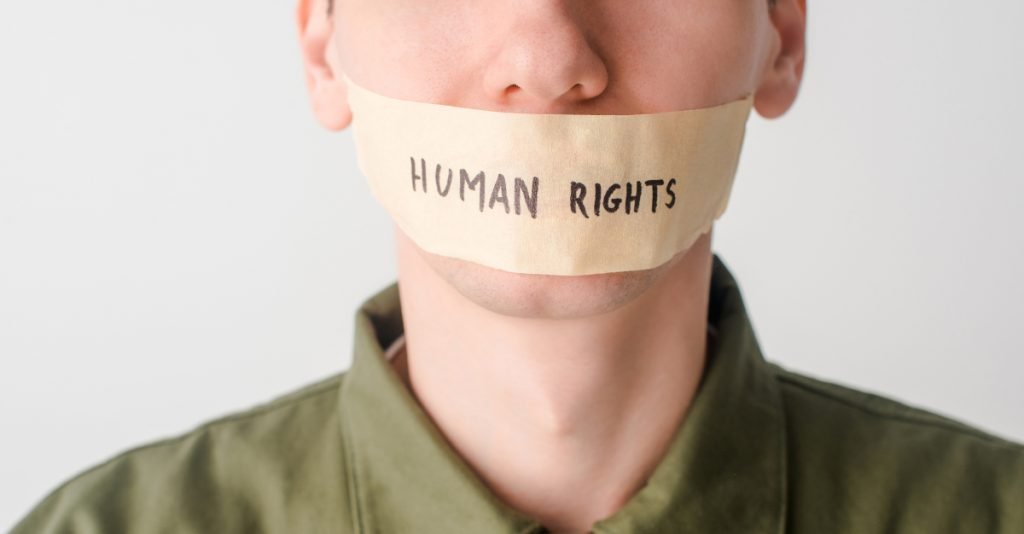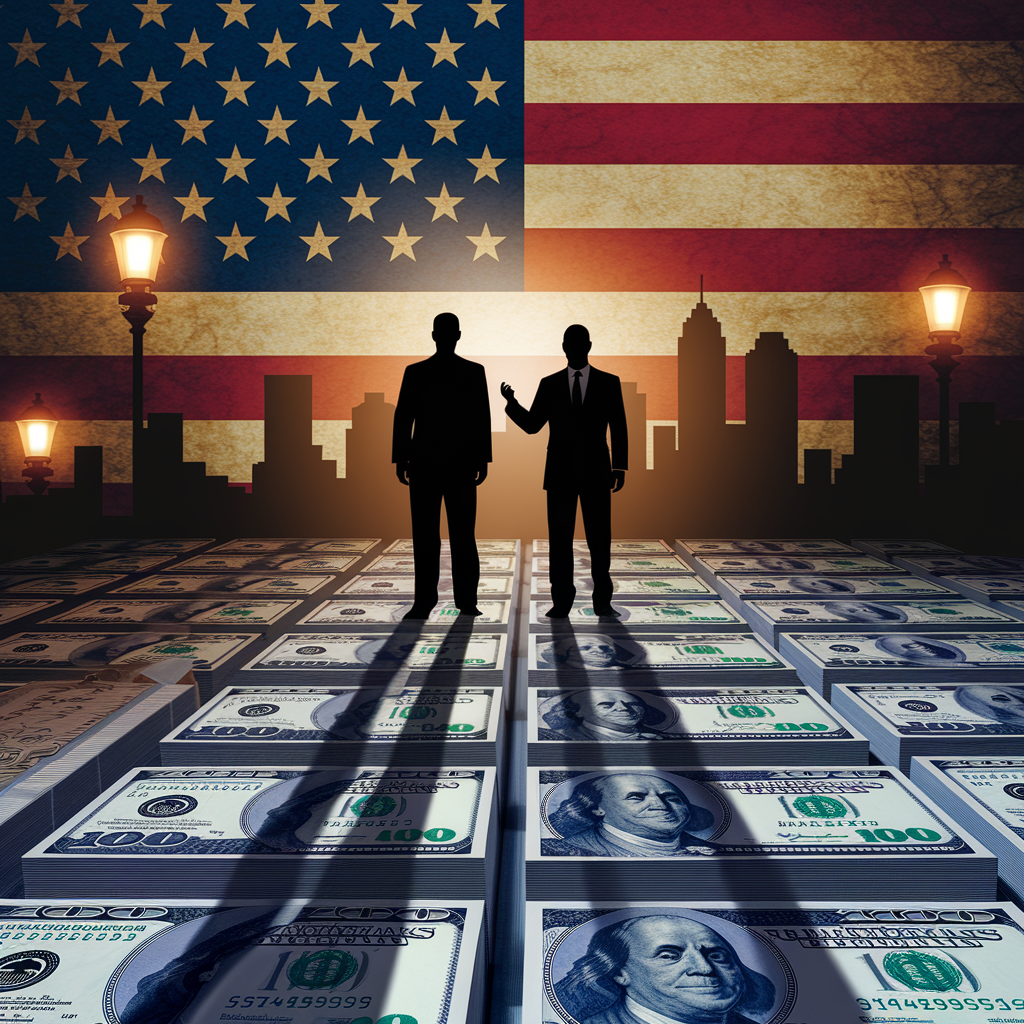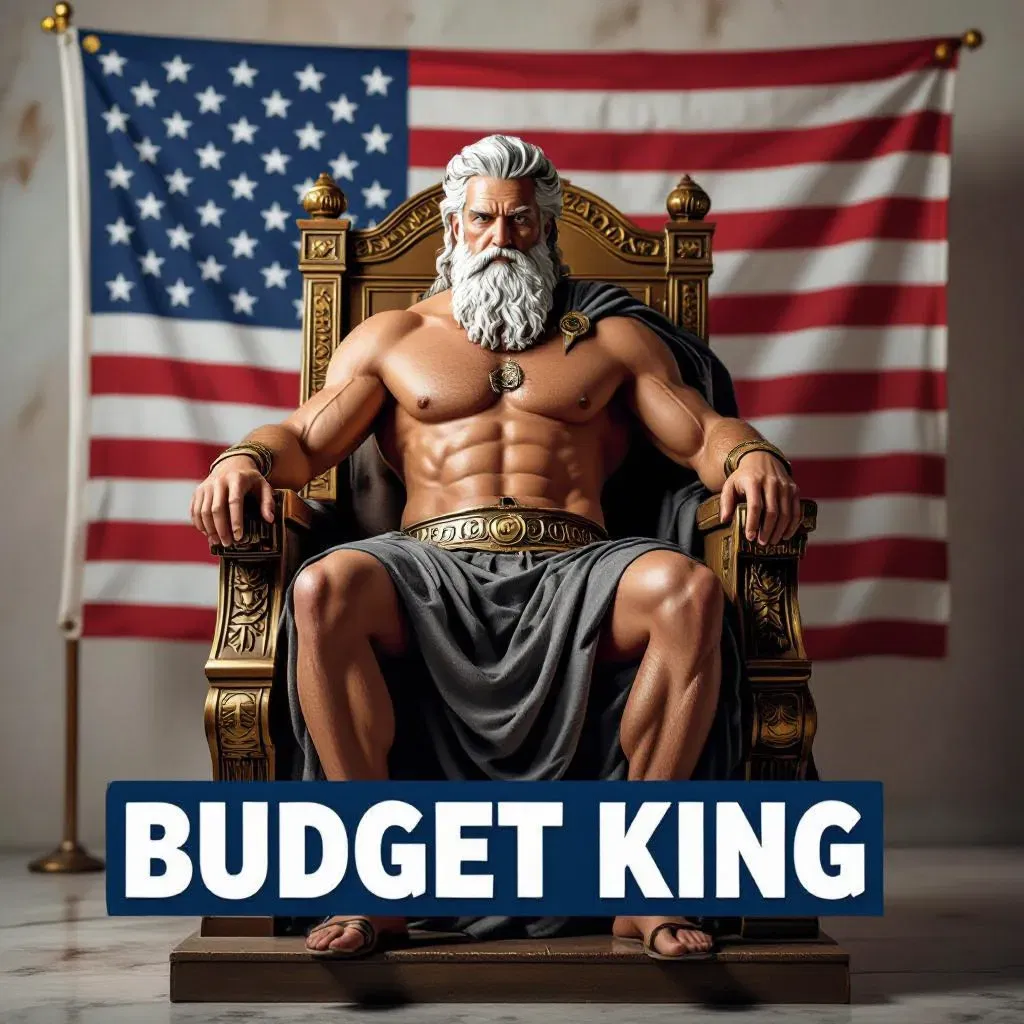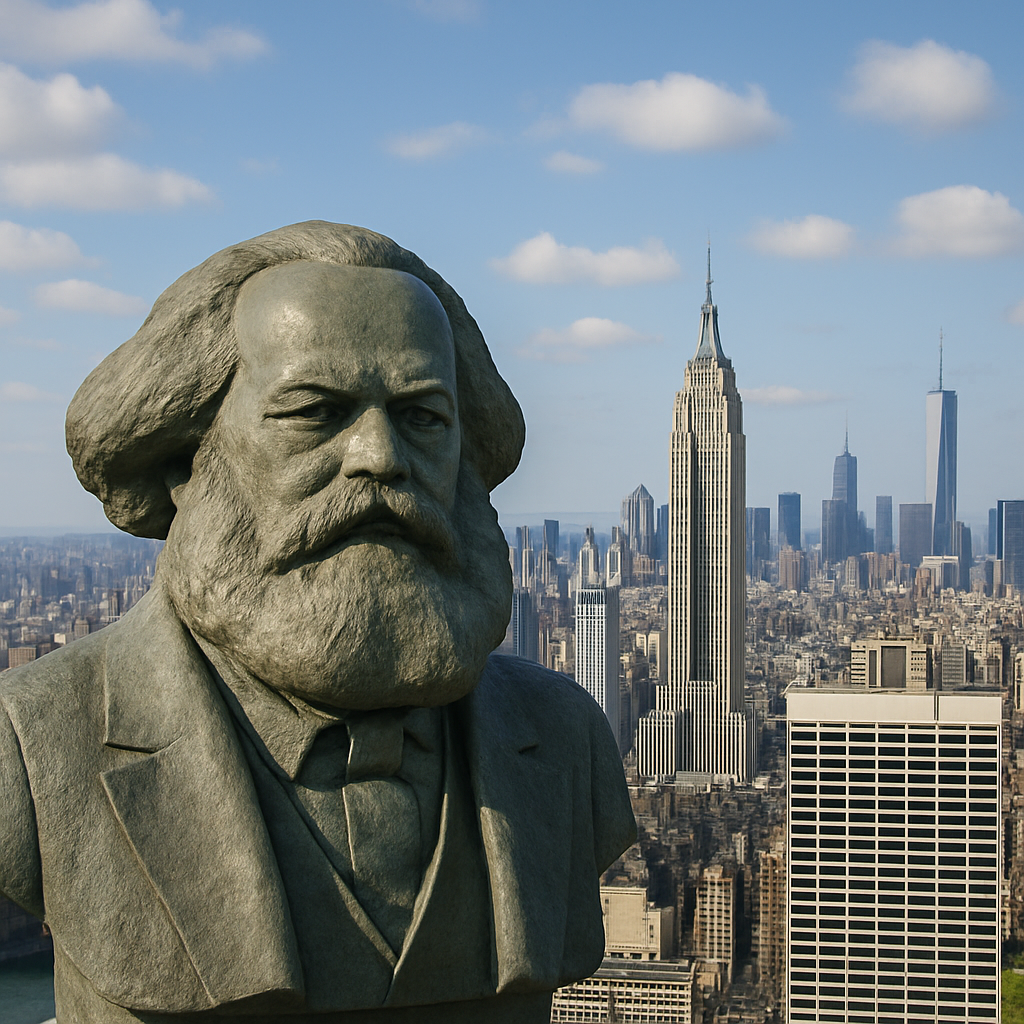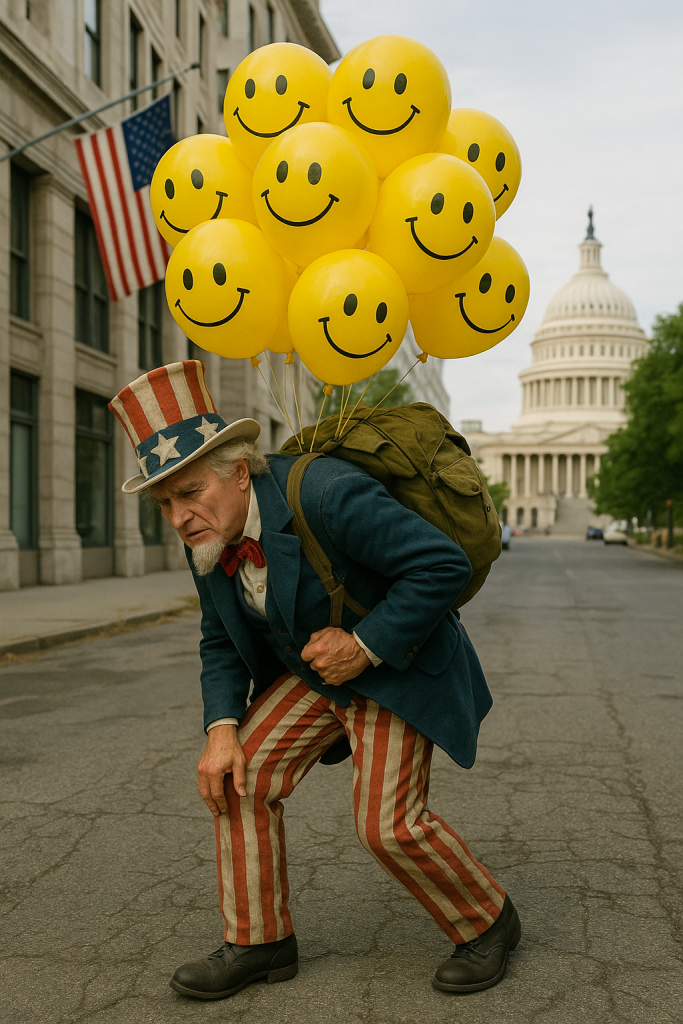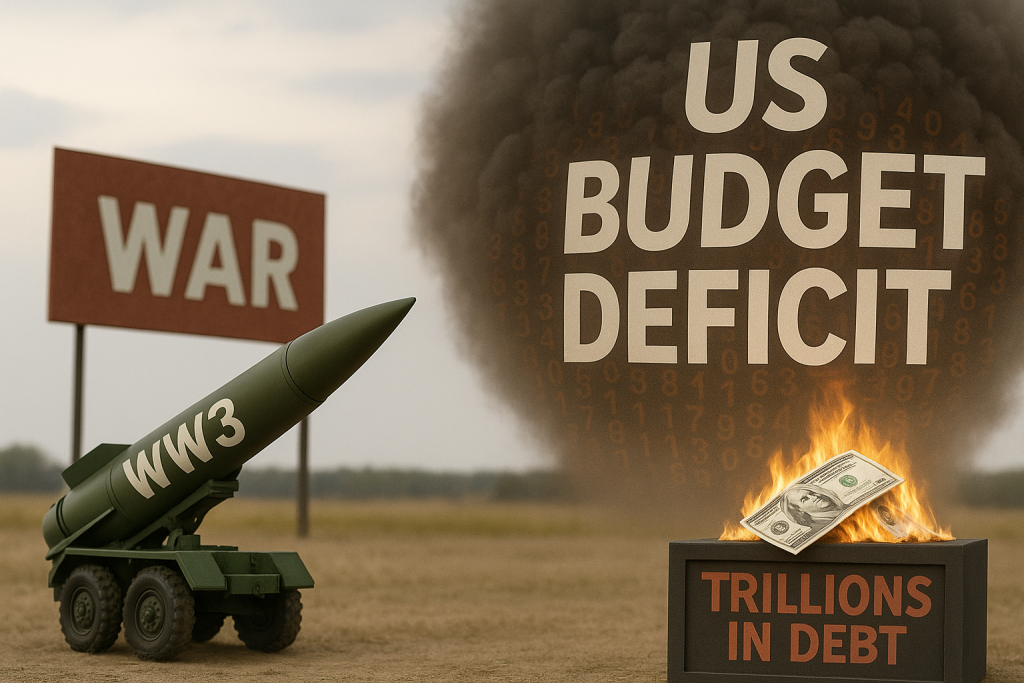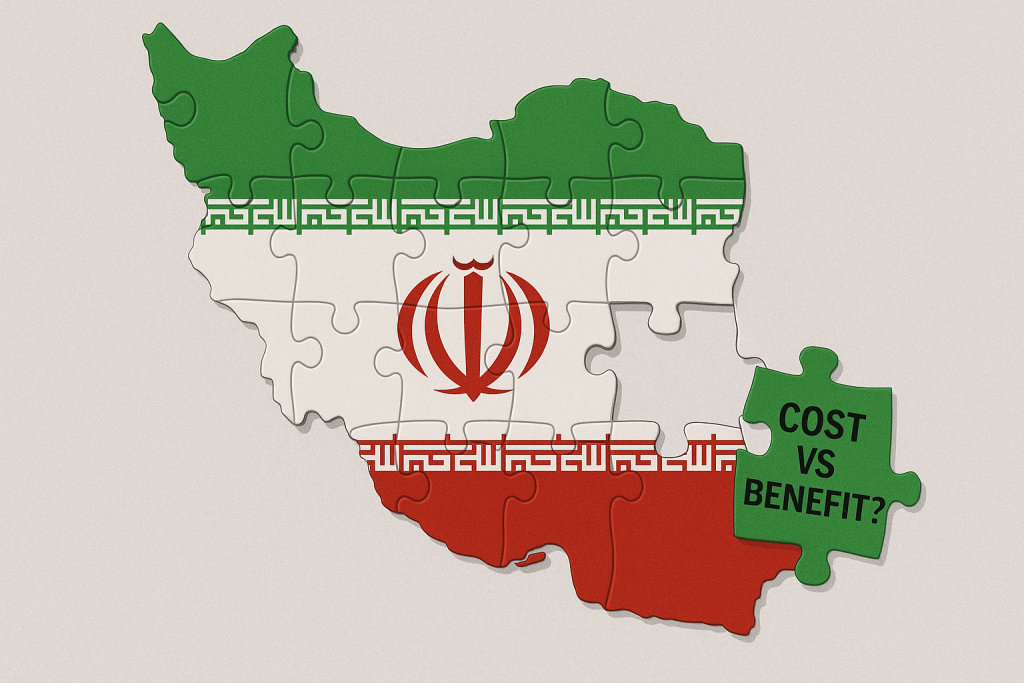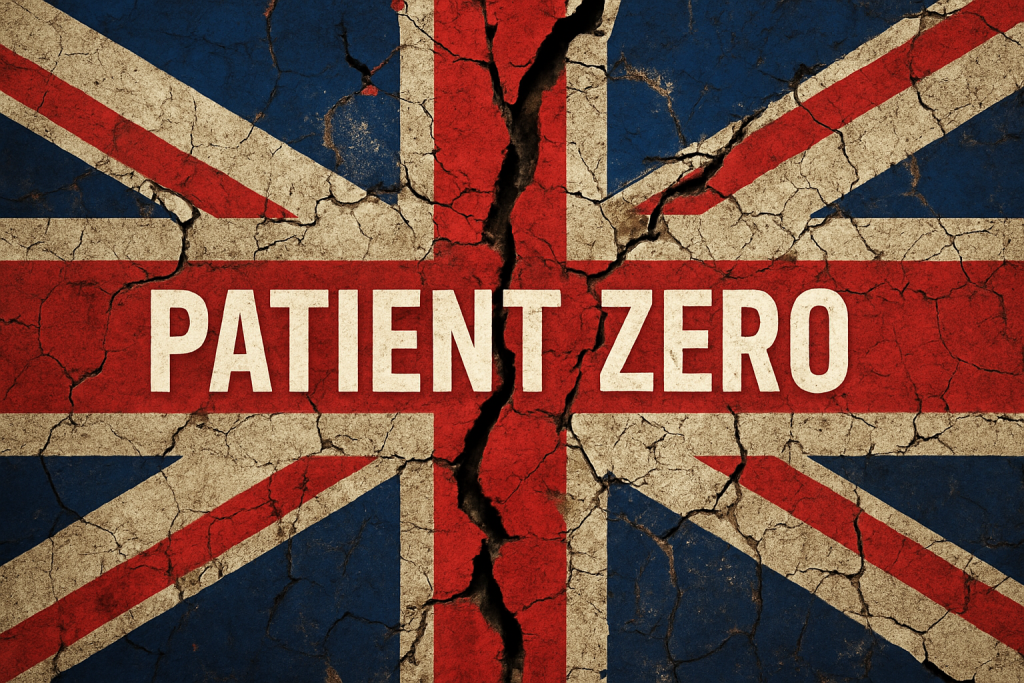In the early summer of 1798, an Irish stone mason named Philip Cunningham reached his breaking point.
Cunningham was sick and tired of English rule in Ireland. And along with 50,000 of his fellow Irishmen, Cunningham picked up a weapon and started in uprising against Great Britain.
Their rebellion was a complete disaster; the rebels hoped that the British army was too weak to resist after their defeat in the American Revolution.
But within a few short months the British had regained tight control of Ireland.
Naturally their first order of business was to round up all the remaining rebels— and Cunningham was among them.
His punishment was being shipped off to a British penal colony in the south Pacific, in a place that was generally known at the time as “New Holland”.
Today we call it Australia.
Cunningham wasn’t one to accept his fate easily. Even while en route to Australia, he and other prisoners briefly managed to take over the ship… though British marines eventually regained control and gave Cunningham 100 lashes.
But Cunningham still wasn’t finished. A few years later in March of 1804, he led about 300 Australian prisoners in yet another rebellion against their British jailers.
That rebellion was so severe that the British governor was forced to declare martial law— the first, but certainly not the last time in Australia’s history this would happen.
It’s ironic that, each year, ‘Australia Day’ is celebrated on January 26, which commemorates the day that the British Navy first sailed into Sydney Cove, hoisted their flag, and declared the land their penal colony.
So Australia Day does not celebrate the birth of a nation so much as the ribbon-cutting of a giant prison.
Clearly in 2021, Australia has simply been returning to its roots as the world’s largest prison.
You know the story by now— “two weeks to control the spread” of COVID-19 became “indefinite dictatorship and total suspension of basic human rights.”
Over the course of the last 18 months, Australia’s state and federal governments have:
- Banned citizens from leaving the country without permission.
- Banned citizens from entering the country, with threat of five years in prison.
- Banned citizens and residents from crossing state borders.
- Banned citizens and residents from traveling further than 5k from home without permission.
Ironically, an Australian government website lays out citizens’ “right to freedom of movement” and says that this very basic human right “cannot be made dependent on establishing a purpose or reason for leaving.”
But Australia doesn’t have to follow its own rules, nor care about the human rights of all the little people, because it’s an emergency.
In the name of COVID Australian police and government officials have also:
- Tracked a large fast food order to a party to fine guests $26,000 for an unauthorized gathering.
- Deployed the military to enforce lockdowns. Deployed helicopters to threaten young healthy men playing soccer.
- Told people not to talk to their neighbors.
- Executed several dogs to prevent rescue workers from coming to the town.
- Arrested a pregnant mom in front of her kids for posting about an anti-lockdown rally on social media.
- Refused to grant a travel exception to a three year old boy visiting his grandparents separated from his parents for months, because of a surprise border closure.
- Caused a newborn infant to die because the mother was denied permission to travel across state borders for medical care.
It is also now illegal to plan, publicize, or participate in protests.
The right to peaceably assemble and hold public protests against unjust government actions is enshrined in the Western legal tradition. But for organizing protests against the Australian government’s tyranny, Anthony Khallouf has been sentenced to several months in prison.
His “crimes” include not complying with COVID decrees, and “encouraging the commission of crimes”— that is, sharing information about the time and location of protests.
He is a political prisoner, like many of his forebears.
But at least Philip Cunningham was imprisoned because he engaged in actual violence.
Khallouf, on the other hand, was found guilty of… illegally crossing Australian state borders.
That hasn’t stopped the protests however.
Thousands of Australian construction workers, for example, protested because they refuse to be coerced into vaccination against their will.
They actually were peaceful protestors. For real. They literally sang the national anthem.
Yet police pepper sprayed them and fired rubber bullets into the crowd of thousands (which included children).
Perhaps even more diabolical is that the government restricted the media from showing footage of the event as it was happening, and restricted airspace to prevent media helicopters from filming.
That didn’t stop people on the ground from recording it with their phones.
In one exchange, a protestor filmed a police officer agreeing, “I’m just as over this fucking [lockdown] as you are,” but, “we get paid to do this [fire on peaceful protestors] mate…”
I’m just doing my job. I’m just following orders.
Other police were caught on video going door-to-door to ask residents if they planned to attend, or knew of any planned protests.
They asked one homeowner if he is on any social media platforms, but declined to tell him why they targeted that particular address.
What’s really crazy is that this authoritarianism goes beyond COVID hysteria.
Australia’s parliament has passed a new bill eradicating Australians’ right to digital privacy.
It’s called “Surveillance Legislation Amendment (Identify and Disrupt) Bill 2021.”
It gives the Australian Federal Police (AFP) and the Australian Criminal Intelligence Commission (ACIC) sweeping new powers to not just surveil Australian citizens online, but also take over and run their online accounts, lock the actual user out of the account, and add or delete data.
The police never have to notify a person that their account has been hacked by the government.
What they are calling “warrants” actually do not always require an actual court or judge to sign off.
An “emergency authorisation,” allows police to bypass the courts entirely. And why should anyone be concerned about that? It’s not like the Australian government has ever abused its emergency powers before…
The right to travel, the right to protest, the right to privacy, the right to due process, the right to leave your home and earn a living— these are basic human rights that are now gone in Australia.
It should be obvious by now to every citizen of any Western nation that never-ending “emergency powers” can easily snowball into a full-blown dictatorship.
There is no reason it couldn’t happen to other formerly free nations as well.
And that means, more than ever before, it’s time to think about a Plan B.
